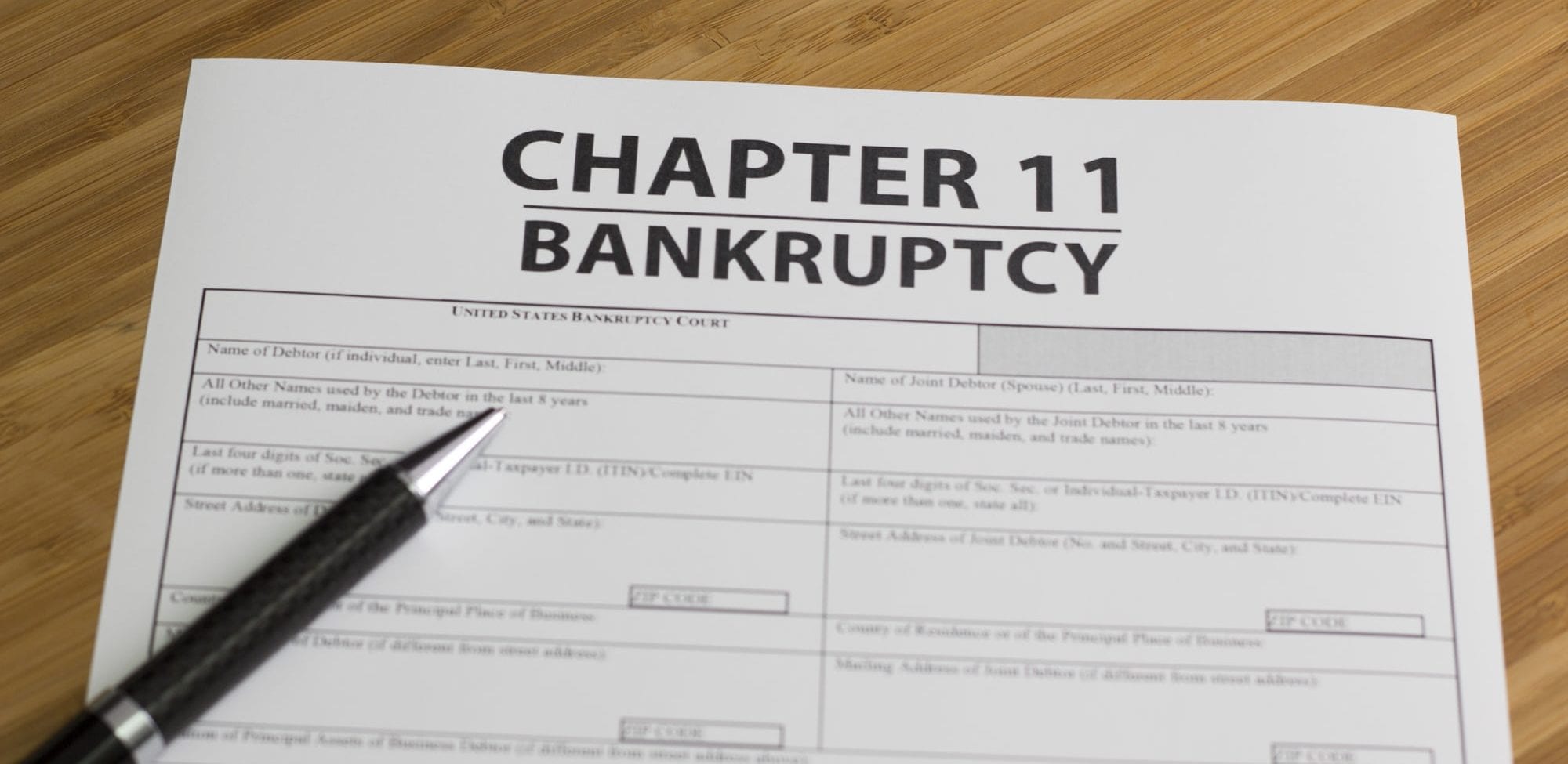In today’s world, credit plays a vital role in our financial lives. Whether you’re looking to buy a home, finance a car, or even apply for a credit card, your credit history is a critical factor. Three major reporting agencies, also known as credit bureaus, play a central role in collecting and maintaining your credit information. In this article, we’ll explore the three major reporting agencies, their functions, and how they impact your financial well-being.
Equifax: A Comprehensive Credit Profile
Equifax is one of the three major credit reporting agencies in the United States. It gathers and maintains a comprehensive credit profile for consumers, offering a detailed snapshot of their credit history. Equifax’s reports provide information on an individual’s credit accounts, payment history, and public records, including bankruptcies and tax liens. Lenders, landlords, and employers often consult Equifax’s data when making decisions that hinge on an applicant’s creditworthiness.
Experian: In-Depth Credit Reporting and Scoring
Experian is another key player among the major credit reporting agencies. This agency specializes in providing in-depth credit reporting and scoring services. Experian’s credit reports encompass information on credit accounts, public records, and inquiries. Experian’s credit scores, like the FICO score, help lenders gauge an applicant’s credit risk. A higher Experian credit score often translates to more favorable terms and interest rates on loans and credit products.
TransUnion: A Diverse Range of Financial Information
TransUnion rounds out the trio of major credit reporting agencies. This agency gathers a diverse range of financial information, including credit reports, public records, and alternative data sources. TransUnion’s credit reports give a comprehensive view of a consumer’s credit history. Additionally, TransUnion offers services like tenant screening and employment background checks, making it a versatile resource for businesses and property managers.
- How can I obtain my credit report from these agencies? You are entitled to one free credit report from each of the major reporting agencies annually. You can request these reports at AnnualCreditReport.com, the only official website authorized to provide them.
- Do these agencies use the same scoring model? No, while they use similar information, each agency may have its scoring models. The most widely recognized credit score is the FICO score, which is based on information from all three major agencies.
- Can I dispute errors on my credit report with these agencies? Yes, if you find inaccuracies on your credit report, you can dispute them directly with the reporting agency. They are required by law to investigate and correct any errors.
- How long does negative information stay on my credit report? Negative information, such as late payments and collections, typically stays on your credit report for seven years. Bankruptcies can remain for up to ten years.
In Conclusion
Understanding the role of the three major reporting agencies – Equifax, Experian, and TransUnion – is crucial for managing your financial health. These agencies collect, maintain, and distribute your credit information, which is used by lenders, landlords, and employers to make important decisions. Regularly reviewing your credit reports from these agencies is a smart financial practice, as it allows you to spot errors and address them promptly. Moreover, maintaining a positive credit history is essential for securing favorable terms on loans, credit cards, and other financial products. So, stay informed, keep an eye on your credit reports, and make sure they accurately reflect your financial history.







